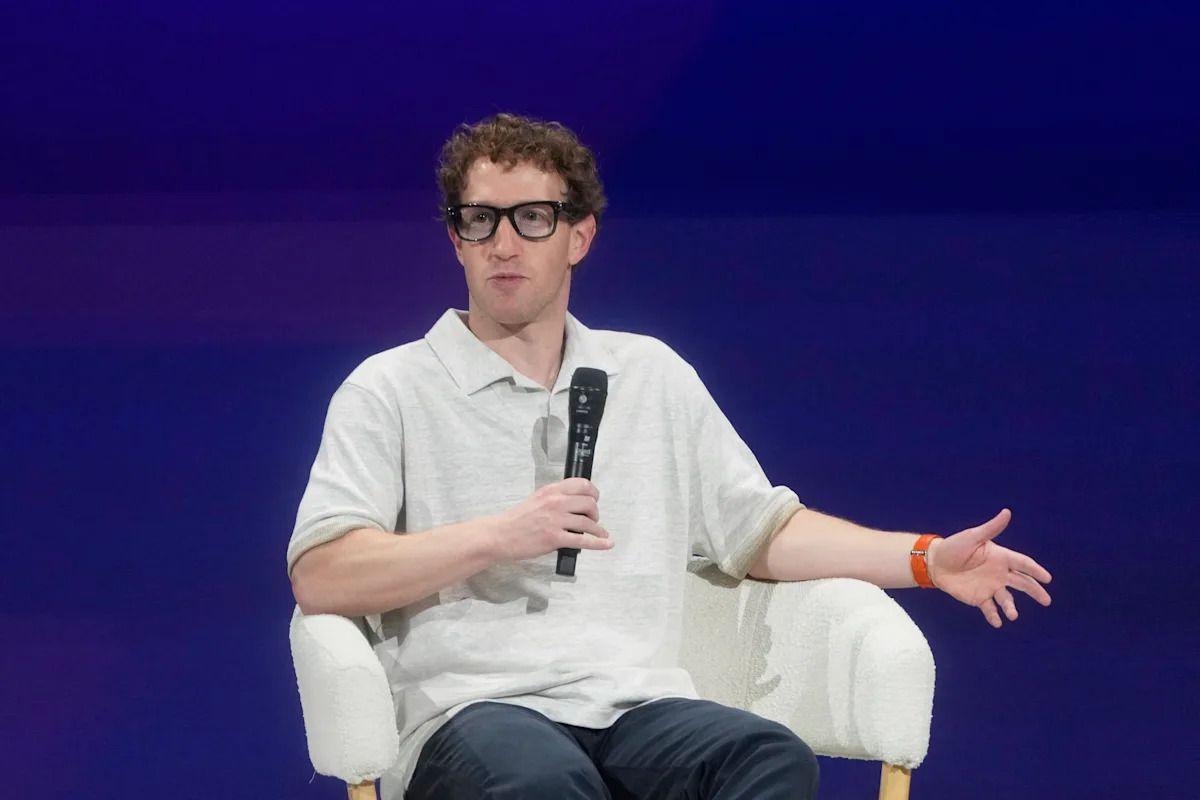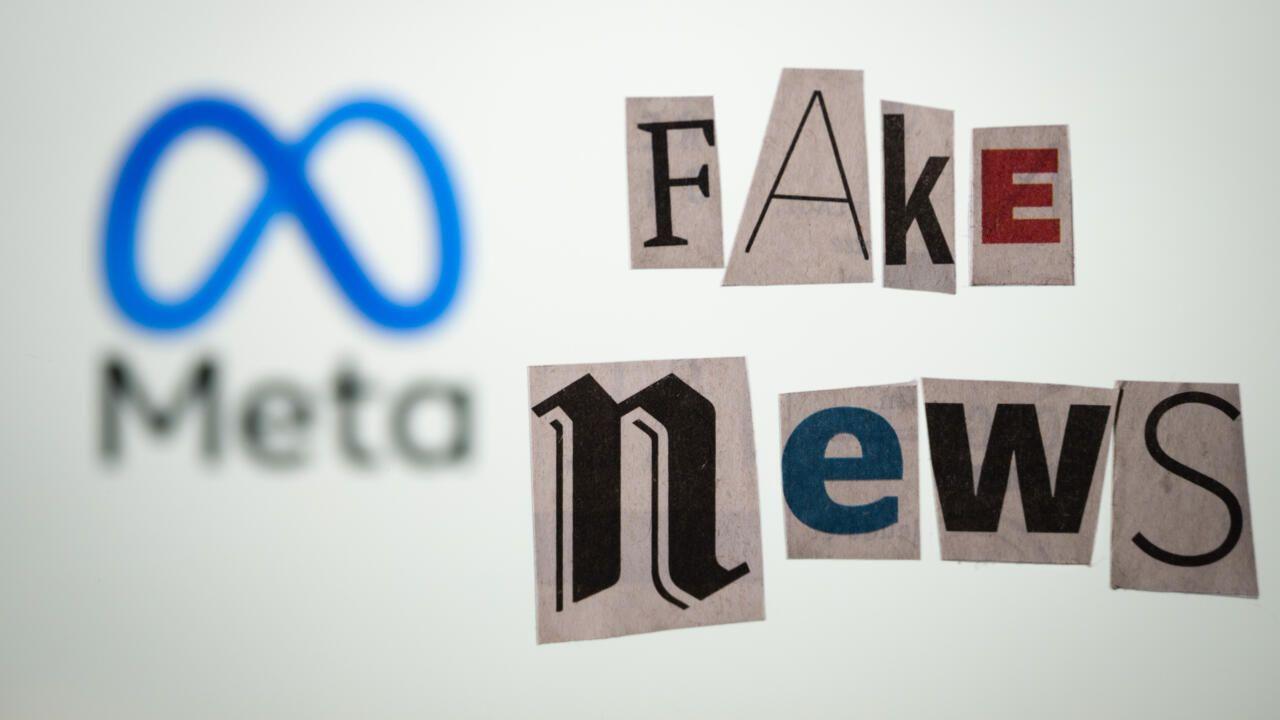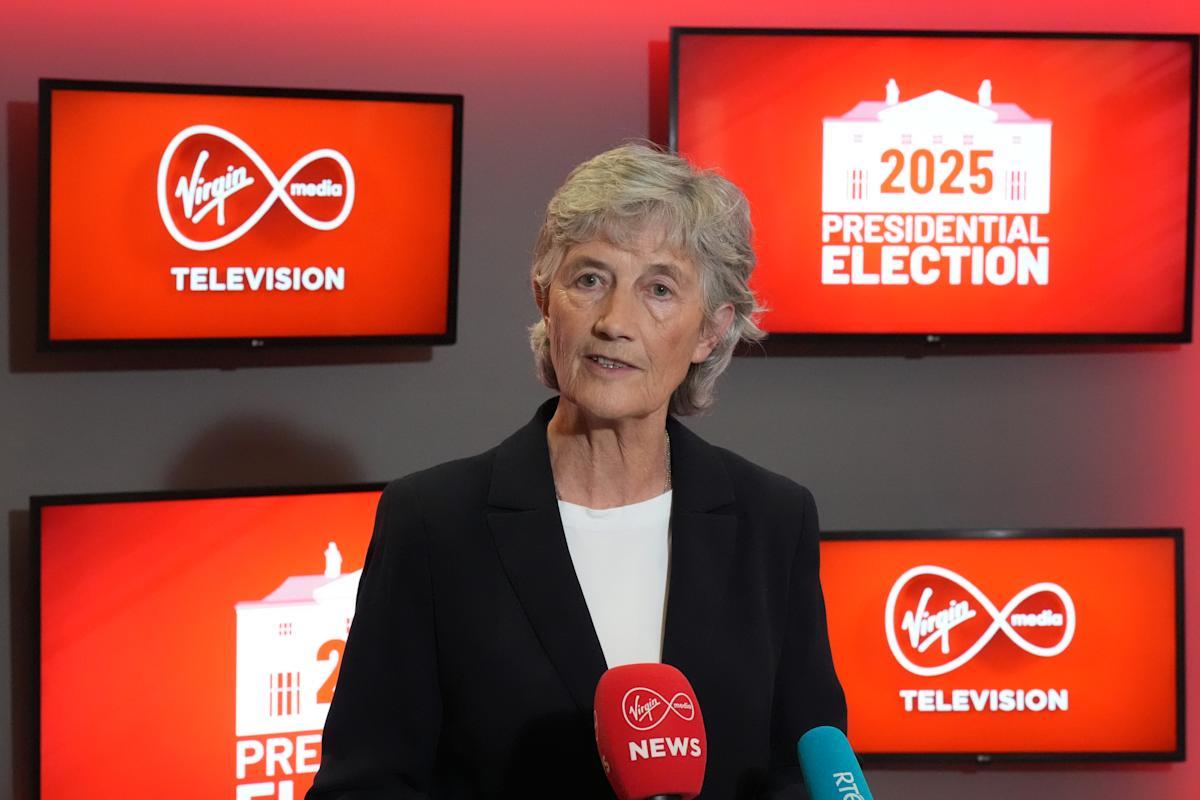Meta's Oversight Board Criticizes Inadequate Response to Celebrity Deepfake Scams
2 Sources
2 Sources
[1]
The Oversight Board says Meta isn't doing enough to fight celeb deepfake scams
AI deepfakes of public figures has been an increasingly popular tactic for fraudsters. Scams using AI deepfakes of celebrities have become an increasingly prominent issue for Meta over the last couple of years. Now, the Oversight Board has weighed in and has seemingly confirmed what other critics have said: Meta isn't doing enough to enforce its own rules, and makes it far too easy for scammers to get away with these schemes. "Meta is likely allowing significant amounts of scam content on its platforms to avoid potentially overenforcing a small subset of genuine celebrity endorsements," the board wrote in its latest decision. "At-scale reviewers are not empowered to enforce this prohibition on content that establishes a fake persona or pretends to be a famous person in order to scam or defraud." That conclusion came as the result of a case involving an ad for an online casino-style game called Plinko that used an AI-manipulated video of Ronaldo Nazário, a retired Brazilian soccer player. The ad, which according to the board showed obvious signs of being fake, was not removed by Meta even after it was reported as a scam more than 50 times. Meta later removed the ad, but not the underlying Facebook post behind it until the Oversight Board agreed to review the case. It was viewed more than 600,000 times. The board says that the case highlights fundamental flaws in how Meta approaches content moderation for reported scams involving celebrities and public figures. The board says that Meta told its members that "it enforces the policy only on escalation to ensure the person depicted in the content did not actually endorse the product" and that individual reviewers' "interpretation of what constitutes a 'fake persona' could vary across regions and introduce inconsistencies in enforcement." The result, according to the Oversight Board, is that a "significant" amount of scam content is likely slipping through the cracks. In its sole recommendation to Meta, the board urged the company should update its internal guidelines, empower content reviewers to identify such scams and train them on "indicators" of AI-manipulated content. In a statement, a spokesperson for Meta said that "many of the Board's claims are simply inaccurate" and pointed to a test it began last year that uses facial recognition technology to fight "celeb-bait" scams. "Scams have grown in scale and complexity in recent years, driven by ruthless cross-border criminal networks," the spokesperson said. "As this activity has become more persistent and sophisticated, so have our efforts to combat it. We're testing the use of facial recognition technology, enforcing aggressively against scams, and empowering people to protect themselves through many different on platform safety tools and warnings. While we appreciate the Oversight Board's views in this case, many of the Board's claims are simply inaccurate and we will respond to the full recommendation in 60 days in accordance with the bylaws." Scams using AI deepfakes of celebrities has become a major problem for Meta as AI tech gets cheaper and more easily accessible. Earlier this year, I reported that dozens of pages were running ads featuring deepfakes of Elon Musk and Fox News personalities promoting supplements that claimed to cure diabetes. Some of these pages repeatedly ran hundreds of versions of these ads with seemingly few repercussions. Meta disabled some of the pages after my reporting, but similar scam ads persist on Facebook to this day. Actress Jamie Lee Curtis also recently publicly slammed Mark Zuckerberg for not removing a deepfaked Facebook ad that featured her (Meta removed the ad after her public posts). The Oversight Board similarly highlighted the scale of the problem in this case, noting that it found thousands of video ads promoting the Plinko app in Meta's Ad Library. It said that several of these featured AI deepfakes, including ads featuring another Brazilian soccer star, Cristiano Ronaldo, and Meta's own CEO Mark Zuckerberg. The Oversight Board isn't the only group that's raised the alarm about scams on Meta's platforms. The Wall Street Journal recently reported that Meta "accounted for nearly half of all reported scams on Zelle for JPMorgan Chase between the summers of 2023 and 2024" and that "British and Australian regulators have found similar levels of fraud originating on Meta's platforms." The paper noted that Meta is "reluctant" to add friction to its ad-buying process and that the company "balks" at banning advertisers, even those with a history of conducting scams.
[2]
Meta Oversight Board Slams Parent Company Over Viral Ronaldo Deepfake - Decrypt
The decision highlights Meta's inconsistent enforcement of fraud policies amid growing concern over AI misuse. Meta's Oversight Board has ordered the removal of a Facebook post showing an AI-manipulated video of Brazilian football legend Ronaldo Nazário promoting an online game. The board said the post violated Meta's Community Standards on fraud and spam, and criticized the company for allowing the misleading video to remain online. "Taking the post down is consistent with Meta's Community Standards on fraud and spam. Meta should also have rejected the content for advertisement, as its rules prohibit using the image of a famous person to bait people into engaging with an ad," the Oversight Board said in a statement Thursday. The Oversight Board, an independent body that reviews content moderation decisions at Facebook parent Meta, has the authority to uphold or reverse takedown decisions and can issue recommendations that the company must respond to. It was established in 2020 to provide accountability and transparency for Meta's enforcement actions. The case highlights a growing concern over AI-generated images that falsely depict people, portraying them as saying or doing things they never did. They are increasingly being deployed for scams, fraud, and misinformation. In this instance, the video depicted a poorly synchronized voiceover of Ronaldo Nazário urging users to play a game called Plinko through its app, falsely promising that users could earn more than by doing common jobs in Brazil. The post garnered more than 600,000 views before being flagged. But despite being reported, addressing the content was not prioritized, and it was not removed. The user who reported it then appealed the decision to Meta, where it was again not prioritized for human review. Finally, the user went to the Board. This is not the first time Meta has faced criticism over its handling of celebrity deepfakes. Last month, actress Jamie Lee Curtis confronted CEO Mark Zuckerberg on Instagram after her likeness was used in an AI-generated ad, prompting Meta to disable the ad but leave the original post online. The Board found that only specialized teams at Meta could remove this type of content, suggesting widespread underenforcement. It urged Meta to apply its anti-fraud policies more consistently across the platform. The decision comes amid broader legislative momentum to curb the abuse of deepfakes. In May, President Donald Trump signed the bipartisan Take It Down Act, mandating that platforms remove non-consensual, intimate, AI-generated images within 48 hours. The law responds to an uptick in deepfake pornography and image-based abuse affecting celebrities and minors.
Share
Share
Copy Link
Meta's Oversight Board has called out the company for insufficient efforts in combating celebrity deepfake scams, highlighting a case involving Brazilian soccer star Ronaldo Nazário and urging for improved content moderation practices.
Meta's Oversight Board Criticizes Deepfake Scam Handling
Meta's Oversight Board has issued a scathing critique of the company's approach to combating celebrity deepfake scams on its platforms. The board's decision comes in response to a case involving an AI-manipulated video of Brazilian soccer legend Ronaldo Nazário, which was used to promote a fraudulent online game called Plinko
1
.The Ronaldo Nazário Deepfake Case
The video in question featured a poorly synchronized voiceover of Ronaldo urging users to play Plinko, falsely promising higher earnings than common jobs in Brazil. Despite being reported over 50 times as a scam, the content remained online, garnering more than 600,000 views before the Oversight Board intervened
2
.Oversight Board's Findings
The board concluded that Meta is likely allowing a significant amount of scam content on its platforms to avoid potentially over-enforcing against genuine celebrity endorsements. They found that at-scale reviewers are not empowered to enforce prohibitions on content that establishes fake personas or impersonates famous individuals for fraudulent purposes
1
.Recommendations and Meta's Response

Source: Engadget
The Oversight Board recommended that Meta update its internal guidelines, empower content reviewers to identify such scams, and train them on indicators of AI-manipulated content. In response, Meta disputed some of the board's claims, stating that they are testing facial recognition technology to combat "celeb-bait" scams and enforcing aggressively against such activities
1
.Broader Implications and Concerns
This case highlights growing concerns over AI-generated images that falsely depict people, which are increasingly being deployed for scams, fraud, and misinformation. The problem extends beyond Ronaldo, with the board noting thousands of video ads promoting the Plinko app, some featuring other celebrities and even Meta's CEO Mark Zuckerberg
1
.Related Stories
Legislative Action and Industry Response
The issue of deepfake abuse has prompted legislative action. In May, the bipartisan Take It Down Act was signed into law, mandating that platforms remove non-consensual, intimate, AI-generated images within 48 hours. This law responds to an increase in deepfake pornography and image-based abuse affecting celebrities and minors
2
.Meta's Challenges and Criticisms
Meta faces ongoing criticism for its handling of scams on its platforms. The Wall Street Journal reported that Meta accounted for nearly half of all reported scams on Zelle for JPMorgan Chase between 2023 and 2024. Critics argue that Meta is reluctant to add friction to its ad-buying process and hesitates to ban advertisers, even those with a history of conducting scams
1
.References
Summarized by
Navi
Related Stories
Recent Highlights
1
Pentagon threatens to cut Anthropic's $200M contract over AI safety restrictions in military ops
Policy and Regulation

2
ByteDance's Seedance 2.0 AI video generator triggers copyright infringement battle with Hollywood
Policy and Regulation

3
OpenAI closes in on $100 billion funding round with $850 billion valuation as spending plans shift
Business and Economy








